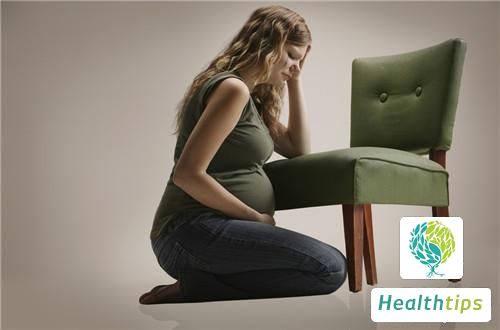During pregnancy, itching in the genital area can affect the health of the fetus to a certain extent. This itching is mainly related to gynecological diseases, with vaginitis being the most common. It is important to promptly take anti-inflammatory measures and strengthen physical conditioning. In severe cases, extreme outcomes such as miscarriage or premature birth may occur, therefore, regular treatment must be performed in a timely manner. Good prenatal care should also be taken.

1. Itching in the genital area during pregnancy may have a certain impact on the fetus, and the possibility of vaginitis is relatively high. When the vagina of a pregnant woman is inflamed and stimulated or infected by the inflammation, miscarriage or premature birth may occur, and there may also be rupture of the fetal membranes, causing a certain degree of harm to the fetus. Moreover, bacteria may ascend through the vagina and infect the uterine cavity, destroying the environment in which the fetus resides, and may even cause fetal infection.
2. Do not blindly use medication for itching in the external genital area during pregnancy. Pregnant women should be cautious about using medication blindly when experiencing itching in the external genital area. Blind medication may affect the growth and development of the fetus and may even lead to fetal developmental abnormalities. If the itching in the external genital area is severe near the time of delivery, it may cause perineal tears and infections during childbirth.
3. Undergo gynecological examination and leucorrhea routine test. When a pregnant woman experiences itching in the genital area, she should be particularly vigilant and is recommended to undergo gynecological examination and leucorrhea routine test to determine the type of vaginal inflammation and follow the doctor's advice. Pregnant women should pay more attention to the hygiene of the genital area, change underwear frequently, eat more fresh fruits and vegetables, and improve their immune system.

